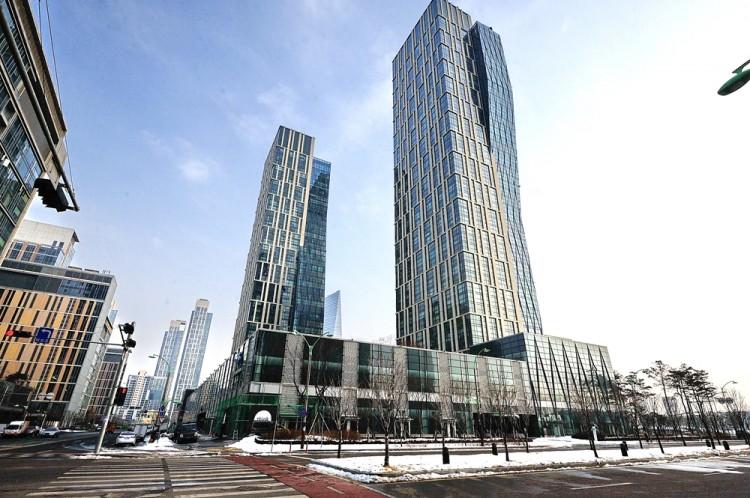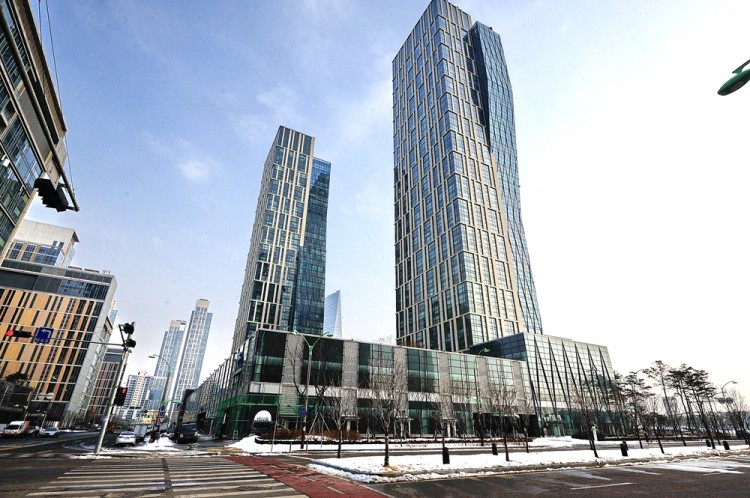One focus for the government of Park Geun-hye, the first female president of South Korea, is a ready-to-be-launched real estate policy. Suh Seung-hwan, the newly appointed Minister of Land, Transport and Maritime Affairs, stated that the first comprehensive real estate policy is scheduled to be released by the end of this month or the beginning of next month. Suh thinks the first thing to do is to modify the current real estate policy, increase the number of apartments and provide the general public with housing assistance programs according to market demand.
For the commonly concerned Korean real estate and construction industry, Suh pointed out that the continuous slow-down of the real estate market continues to impact the economy and threatens public welfare. According to an investigation by the Department of Land, Korean real estate prices declined 0.26 per cent on average in January and this was the 10th month straight of a successive downward trend. The low prices make local people step back from real estate purchases, being afraid of further price decreases. They prefer using Jeonse to rent an apartment, which also makes the cost of Jeonse go down.
It is estimated that the new policy will normalise the real estate market. Rather than expand the city to suburban areas, it will provide more rentals in the downtown area to meet that demand, especially for college students and newly married couples. A traditional way is to reduce the handling fees to increase the quantity of deals and the short-term strategy is to cut the real estate taxes and property taxes. It is expected to cancel the tax for owners having more than one property. The new policy also includes a promise from Park Geun-hye to introduce a Jeonse system without the need for high key money.
Every government, especially that of ex-President Roh Moo-Hyun, used the debt-to-income (DTI) ratio and loan-to-value (LTV) ratio to cool down the real estate market. Suh Seung-hwan mentioned that the new policy will deal with real estate mortgage questions, including DTI and LTV, in order to stimulate the real estate market. But personally, he thinks the adjustments of those two ratios may not be very useful in pushing the market.
Suh is a pro-market economist and general analysts think his election is going to boost the sluggish real estate market. He strongly disagrees with government inference in the real estate market. Thus, more and more analysts believe that those regulations enforced in previously hot market times will become less strict (by introducing the new policy).
The Epoch Times publishes in 35 countries and in 19 languages. Subscribe to our e-newsletter.







